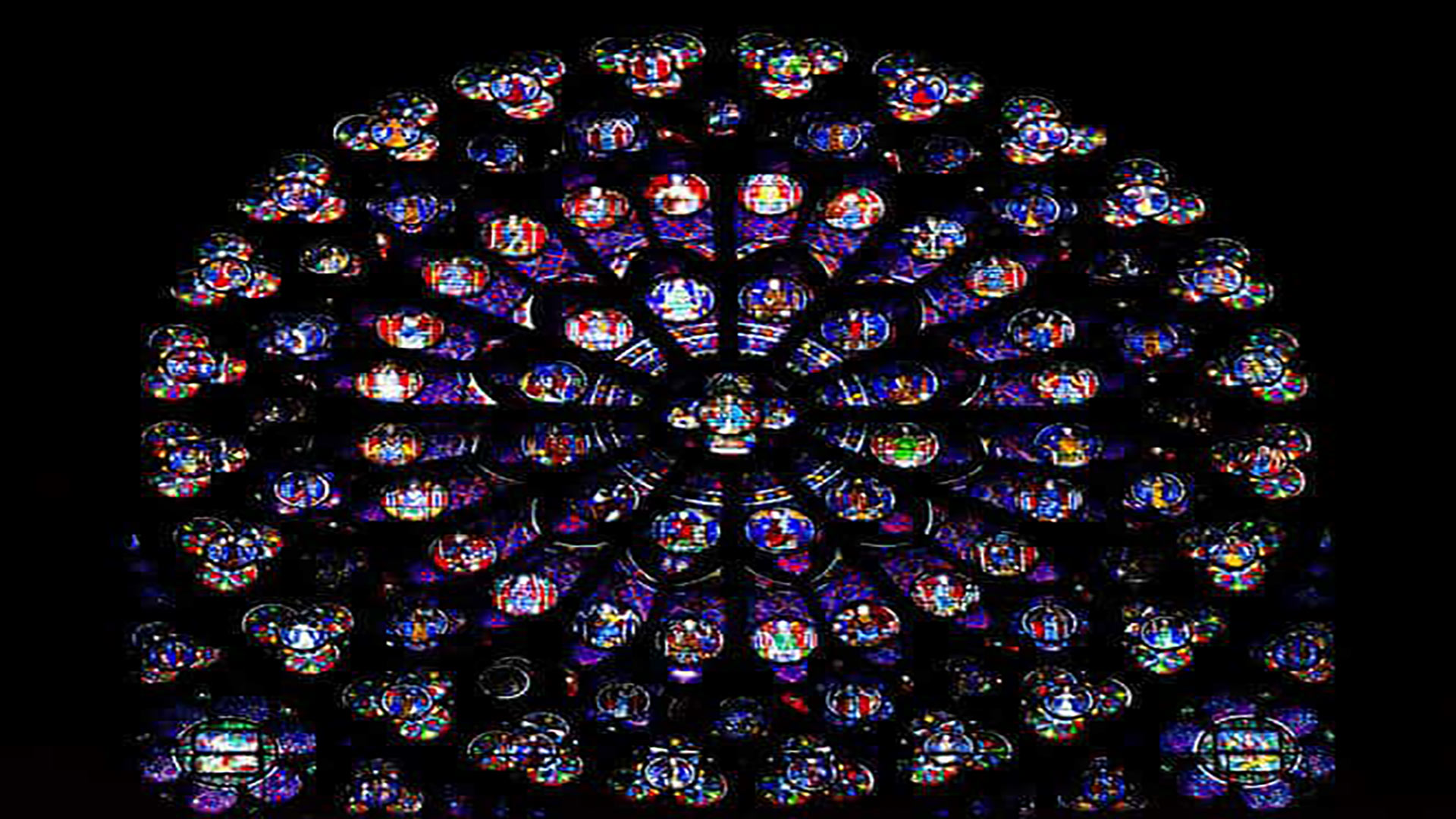Awaiting that Wondrous Birth
“Behold, a young woman shall conceive, and bear a son, and shall call his name Emmanuel.” Today, is there a clearer sign that Jesus was the One referred to in these words of the Prophet Isaiah? Some versions even translate ‘young woman’ as ‘virgin’. Who other than Jesus can lay claim to virgin birth? What woman other than Mary ever gave birth as a virgin? Was it not crystal clear that this was the Messiah that Israel had long been waiting for?
In the First Reading (Is 7: 10-14), Isaiah said those reassuring words to king Ahaz, a young and evil king of Judah (731 BC to 715 BC) responsible for introducing idol worship and sacrilege against the temple of the Lord (2 Kings 16; 2 Chron 28). The Prophet wished to win him back to the Lord by announcing the coming of a son to be named Ezekiah. He would save Israel but the king despaired of God’s help, put his trust in kingly alliances, and eventually caused the downfall of the kingdom.
More importantly, Isaiah’s words prefigured Jesus Christ, Saviour of the World, and marked the beginning of messianism.
Alas, how many Ahazes are there in our midst and, sadly so, within the Church itself: haven't their actions facilitated the entry of the “smoke of Satan” through some crack (as pointed out by a Pope in the 1960s)? We for our part have to “let the Lord enter! He is the king of glory” – as the Psalm sings. Or, as St Paul puts it in the Second Reading (Rom 1: 1-7), we are “called to belong to Jesus Christ”. This is an unparalleled privilege, a supreme honour, yet how reluctantly we wear the badge! Even in this blessed season of Advent, while the birth of our Saviour is imminent, we find ourselves so engrossed in worldly things that we forego the Saviour!
It is absolutely disastrous that Christmas is sometimes held with pomp and splendour and that Christ becomes only a pretext for a mundane celebration. Rather, we should have let our hearts be moved by the Gospel (Mt 1: 18-24) that dwells on the wondrous Birth of Our Lord! It may be noted that Mary had only been betrothed to Joseph when she received the divine call to be the Mother of Jesus. And how! Even before they came together, she was with child, through no fault of a man (as profane thinking may have us believe) but rather through God’s designs. But even though it happened in fulfilment of the Isaian prophecy it was not without a trace of suspicion....
Again, if we fast-forward to our times, we may be tempted to irreverently think of Mary as an unwed mother. But it was not so. Betrothal in those days meant that Mary and Joseph were husband and wife in all legal and religious aspects, except that of actual cohabitation. Meanwhile, God in His infinite wisdom provided for Jesus to be born before the couple had come together, thus to let it be known that He was “child of the Holy Spirit”. Think of how the claim of virgin birth would have been suspect had Jesus been born after the couple’s cohabitation. No doubt, Joseph had prior reservations (and even wanted to “quietly send her away”) but eventually he believed the Angel’s words – “do not fear to take Mary your wife, for that which is conceived in her is of the Holy Spirit; she will bear a son, and you shall call his name Jesus” – much unlike king Ahaz, his ancestor of the House of David, who became a victim of his own scepticism.
Thanks to Joseph the Silent Saint and to Mary conceived without Original Sin, we are blessed to have God become Man in order to save us. Earth never had anything more wondrous to show than the Birth of Our Lord and Saviour. On this Laetere Sunday, which focusses on the internal joy of anticipation, we enter the last leg of the Advent journey. Let us await the divine event that is to come, like people with clean hands and pure heart, who desire not worthless things (cf. Ps 23: 4), and let us wholeheartedly collaborate in God’s salvific plans.
